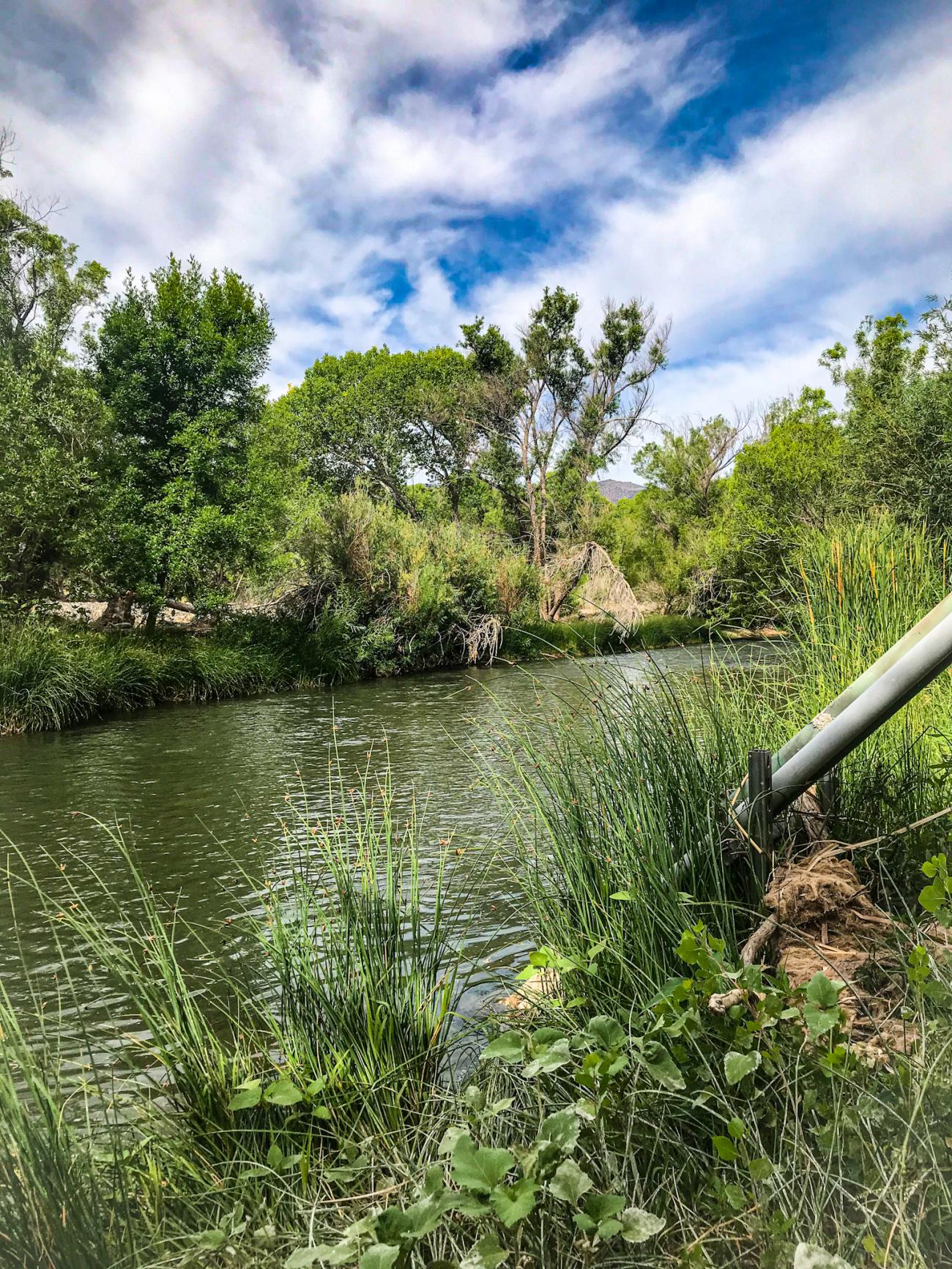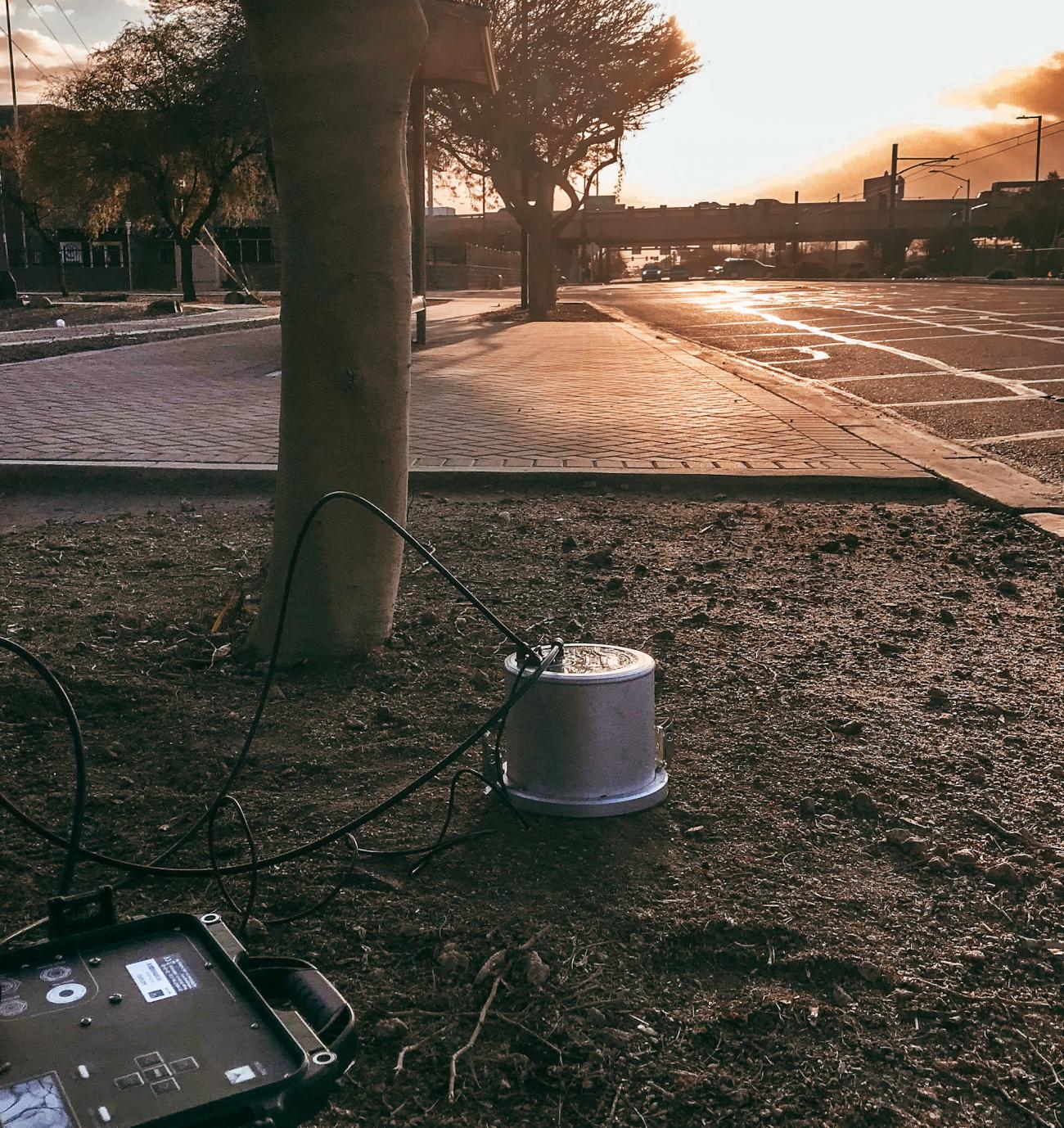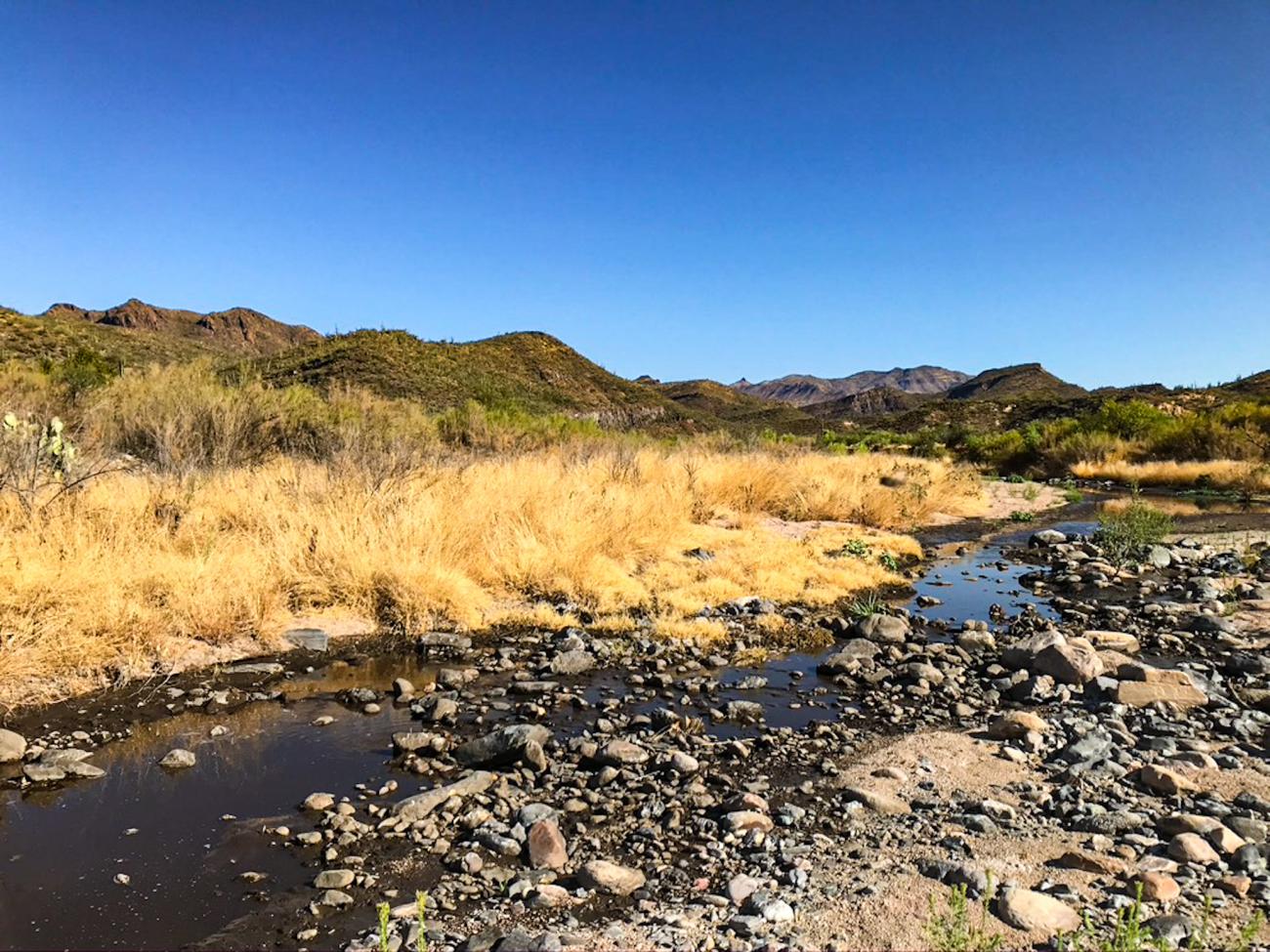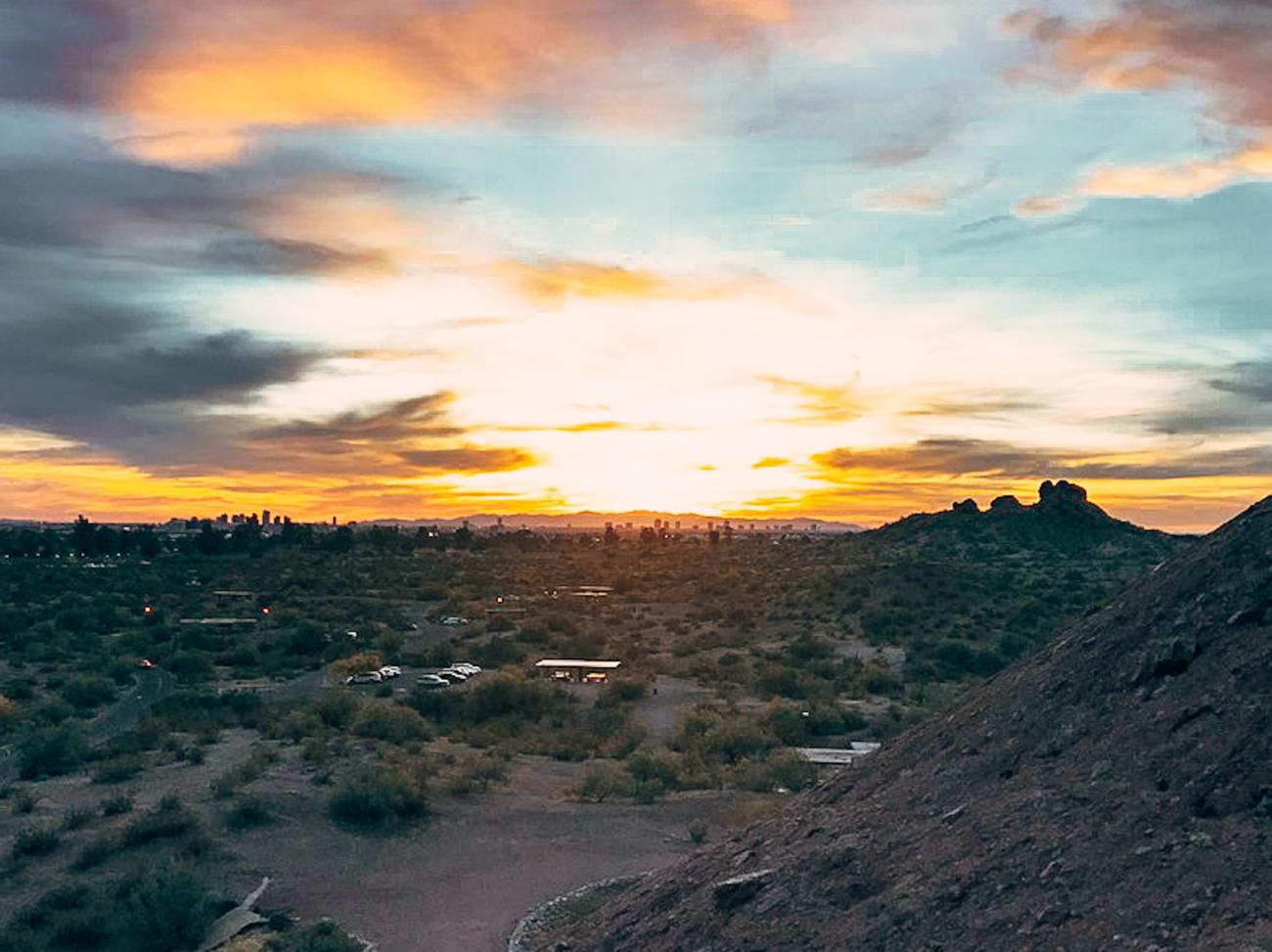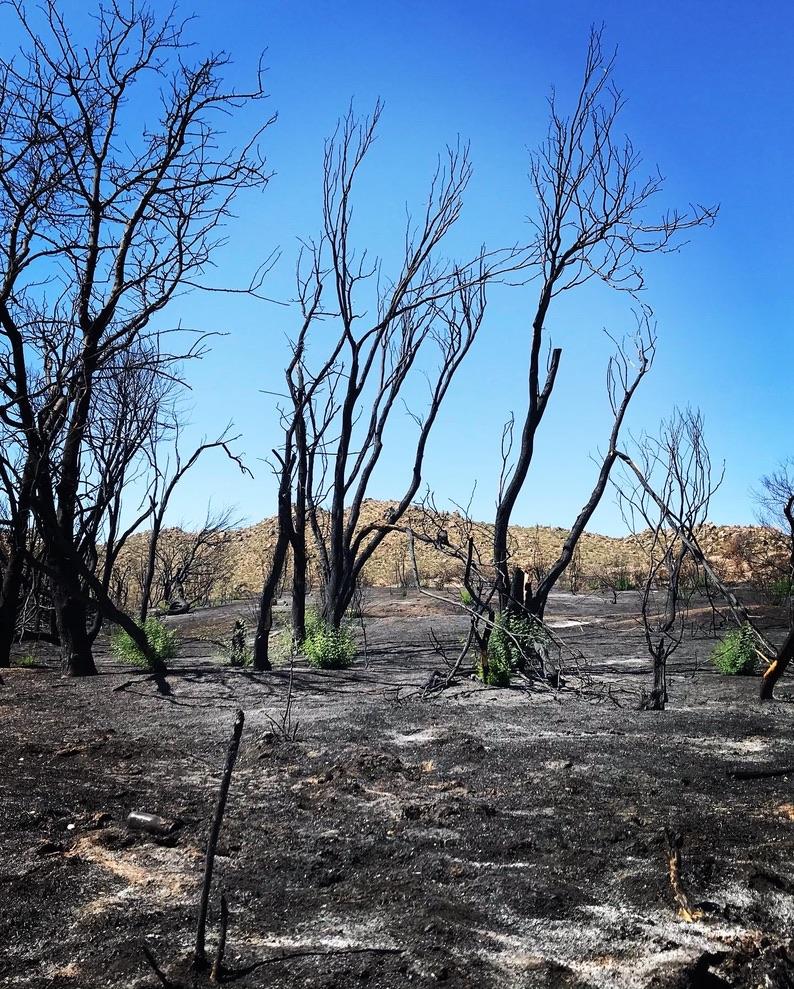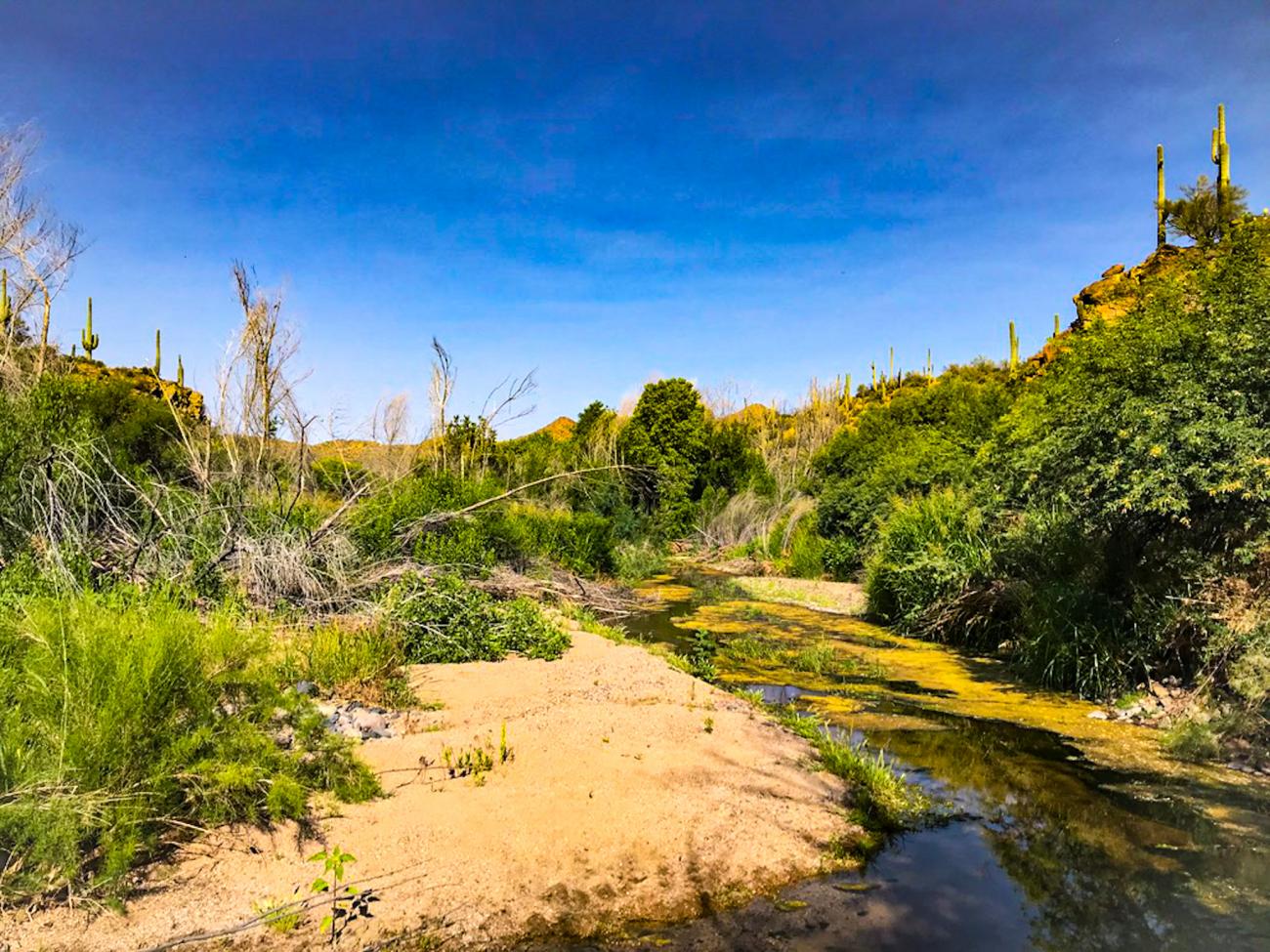Research
StreamPULSE
This continental scale project will address the deceptively simple question: is there such a thing as a stream biome? From an ecosystem perspective we now know that inland waters play critical roles in both global carbon (C) and nitrogen (N) cycling. For diverse and temporally dynamic lotic ecosystems across the U.S., we are evaluating the phenology of stream ecosystem energetics, hypothesizing that metabolism is a function of energy supply (light and fixed terrestrial carbon) and fixed carbon removal (via hydrologic disturbance). Watershed structure determines the route and rate at which water enters stream channels while watershed vegetation determines the magnitude and timing of fixed carbon inputs and the degree and temporal patterning of light availability. This project is part of a collaborative Macrosystems Biology grant led by Duke University (Bernhardt, Heffernan, and McGlynn) and including colleagues in Wyoming (Hall), Wisconsin (Stanley, Read), Puerto Rico (McDowell [UNH]), Florida (Cohen), and Connecticut (Helton). Students interested in working with the Arizona project should contact Dr. Grimm. Data from this project is available online.
Urban Resilience Sustainability Research Network
This large North and Latin American network is integrating social, ecological, and technological systems (SETS) research and practice to devise, analyze, and support urban infrastructure in the face of weather-related extreme events, which are expected to increase in the future. UREx SRN has assembled data enabling comparisons among cities, developed databases and visualizations, downscaled and projected climate and hydrologic extremes, developed a SETS conceptual framework, and worked with city practitioners to envision futures and develop on-the-ground infrastructure projects. An embedded Ph.D. graduate fellowship program allows students to gain experience in SETS research comparing North and Latin American cities in terms of their vulnerability and resilience. UREx SRN includes nine cities and over 20 partner institutions, over 70 researchers and over 100 practitioners, and has led to new interdisciplinary research projects, such as the Resilient Coastal Communities pilot project, the UREx-Convergence project focusing on SETS resilience in Atlanta, New York, Phoenix, and San Juan, and the NATURA network of networks on nature-based solutions.
Effects Of Climate Variability And Change On Stream Ecosystem Processes
Long-term study (since 1978) of Sycamore Creek, a spatially intermittent desert stream-riparian ecosystem. Current research focuses on how climate variability and change drive ecosystem state change from gravel runs to wetlands, and resilience of these contrasting reach types to the hydrologic disturbance regime (flash floods, drying) by examining responses of algae, invertebrates, wetland vegetation, biogeochemical processes, ecosystem metabolism, and biogeomorphic structure. Collaborators include past Sycamore Creek researchers as well as current ASU colleague Sabo.
Long-term data available for download.
Central Arizona — Phoenix LTER
A comprehensive investigation of an urban social-ecological system connecting 100+ collaborators from diverse natural and social science fields and engineering, mostly from Arizona State University (ASU) and local partnerships. Grimm’s research is focused on 1) biogeochemical patterns and processes as they affect and are affected by society, and 2) synthesis and scenarios of future change in this complex system under continued demographic, land-use, and climate change.
NATURA: Nature-based solutions for Urban Resilience in the Anthropocene
The Nature-based Solutions for Urban Resilience in the Anthropocene (NATURA) project links 26 networks in Africa, Asia-Pacific, Europe, North and Latin America, and globally to enhance connectivity among the world’s scholars and practitioners and improve the prospects for global urban sustainability. NATURA exchanges knowledge, shares data, and enhances communication among research disciplines and across the research-practice divide to advance urban resilience in face of growing threats of extreme weather events. This global “network of networks” will support synthetic working groups, workshops on specific themes, and learning exchanges for students, post-docs, and early-career faculty and practitioners to spend 5-15 weeks working with one of the member networks.
Indirect Impacts of a Novel Wildfire on Sycamore Creek
In June of 2020 all major eastern tributaries of Sycamore Creek burned in a large wildfire. The western tributaries and historically studied area of the mainstream remained untouched by the fire. Rains from both monsoonal and winter storms fall on the Sonoran Desert and carry ash deposits from the banks and surrounding areas into the streams. This project aims to examine the indirect effects of this novel fire on the streams ecosystem structure and processes. Collaborators include former Grimm Lab member Tamara Harms from the University of Alaska Fairbanks and Michael Bogan from the University of Arizona.
Collaborative for Research in Aridland Stream Sysemts (CRASS)
A collaborative working group including aridland stream ecologists, hydrologists, climate scientists, and statisticians from across the United States to share and explore dryland-stream data, particularly regarding the response of dryland streams to variable hydrologic conditions and climate change. Using long-term data from the Sycamore Creek LTREB in central Arizona, in conjunction with data contributed by other dryland stream projects, this group will re-evaluate existing and new stream ecosystem models with an emphasis on dryland stream responses to climate change.
Earth System Science for the Anthropocene (ESSA)
ESSA is a growing network of graduate students, faculty members and practitioners addressing global challenges through diverse ways of knowing and understanding. This initiative places justice, equity, diversity, and inclusivity at the forefront of their solutions-oriented and team science approach to addressing problems of the Anthropocene. The ESSA initiative at ASU, directed by Nancy Grimm (School of Life Sciences) and Abigail York (School of Human Evolution and Social Change), aims to re-think how we approach graduate training and to transform the traditional graduate education mentor model.
